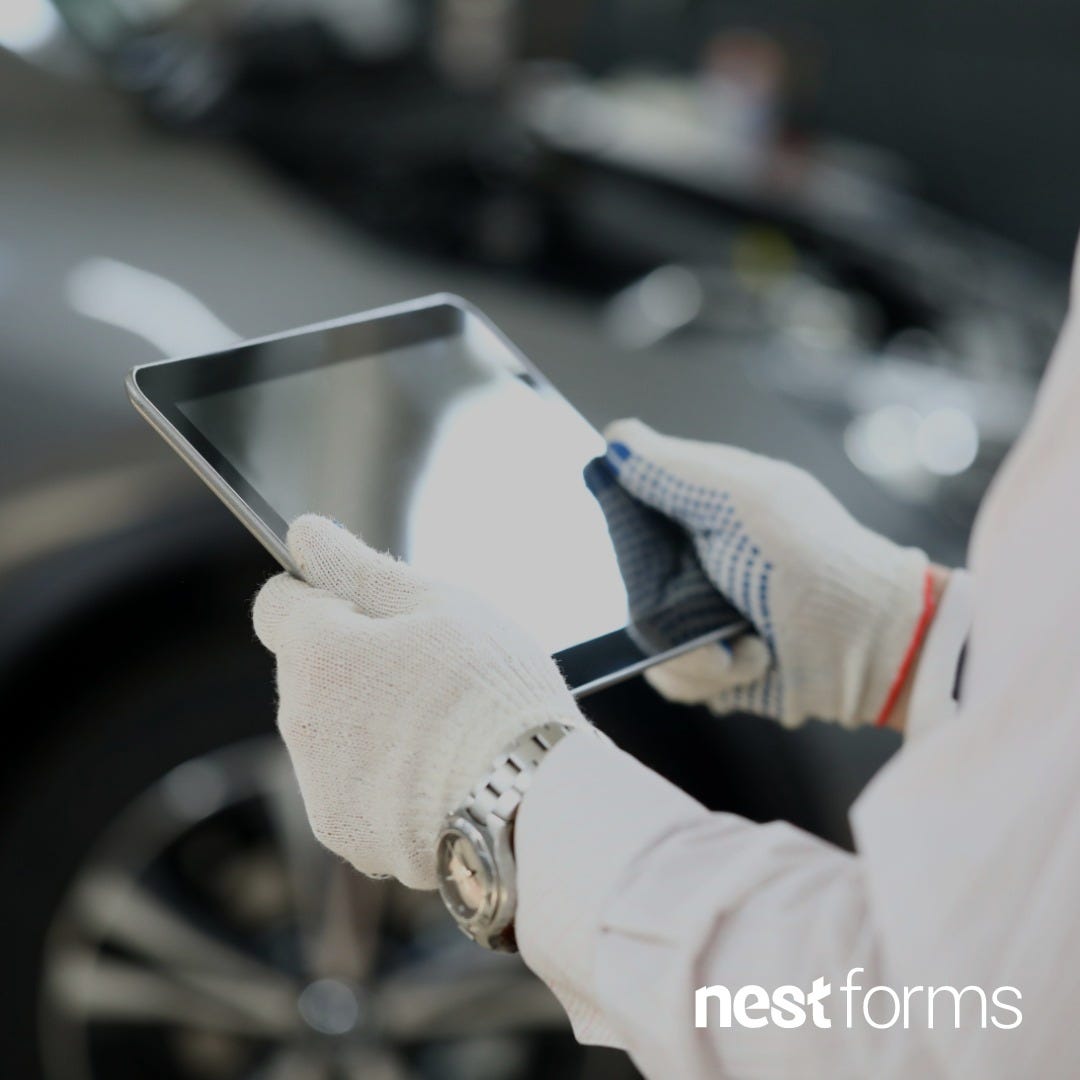In today’s fast-paced world, efficient data collection has become paramount for businesses across various sectors. Whether it’s for market research, quality control, or field inspections, organisations need a reliable method to gather and analyse data. A Mobile Data Collection App can be a game changer, offering a streamlined solution that enhances productivity, accuracy, and real-time reporting. In this article, we will explore the features and benefits of mobile data collection apps, using insights from NestForms to illustrate their impact on data management.
What is a Mobile Data Collection App?
A mobile data collection app is a digital tool that allows users to gather information on-the-go using smartphones or tablets. These apps enable field workers, researchers, and data analysts to create forms, surveys, and checklists that can be filled out in real-time, even without an internet connection. Once the data is collected, it can be synchronized with cloud storage when connectivity is available, ensuring that all information is organised and accessible.
Key Features of Mobile Data Collection Apps
1. Customisable Forms and Templates
One of the most significant advantages of a mobile data collection app is the ability to create customisable forms tailored to specific needs. Whether you require a simple questionnaire or a detailed inspection checklist, these apps offer flexibility in designing forms. Users can add various elements, such as text fields, dropdowns, images, and signatures, enhancing the data collection process.
2. Offline Capabilities
Fieldwork often takes place in areas with limited or no internet access. A robust mobile data collection app allows users to fill out forms offline, ensuring that data collection continues uninterrupted. Once the device reconnects to the internet, the data can be uploaded to the cloud, providing a seamless transition between offline and online work.
3. Real-time Data Synchronization
With mobile data collection apps, organisations can benefit from real-time data synchronisation. As soon as the data is collected and the device is online, information can be automatically uploaded to a central database. This ensures that decision-makers have access to the latest data, enabling timely and informed decisions.
4. Integration with Other Tools
Many mobile data collection apps integrate with existing software solutions, such as customer relationship management (CRM) systems, project management tools, and data analytics platforms. This connectivity allows for a more cohesive data management process, facilitating better insights and reporting.
5. Analytics and Reporting
A mobile data collection app often comes with built-in analytics and reporting features. Users can generate real-time reports based on the collected data, making it easier to identify trends, measure performance, and derive actionable insights. This functionality is crucial for businesses looking to optimize their operations and improve overall efficiency.
Benefits of Using a Mobile Data Collection App
1. Increased Efficiency
By utilising a mobile data collection app, organizations can significantly increase their data collection efficiency. Traditional methods, such as paper forms, are time-consuming and prone to errors. Digital forms streamline the process, allowing users to input data quickly and accurately.
2. Cost Savings
Investing in a mobile data collection app can lead to substantial cost savings. By reducing the reliance on paper, printing, and manual data entry, organizations can minimize operational costs. Additionally, improved data accuracy reduces the risk of costly mistakes, ultimately enhancing the bottom line.
3. Improved Data Quality
Mobile data collection apps help ensure higher data quality. With features like validation checks and guided data entry, users are less likely to make errors. Furthermore, the ability to collect data in real-time reduces the risk of information becoming outdated or misinterpreted.
4. Enhanced Collaboration
Mobile data collection apps foster better collaboration among team members. With cloud-based storage and real-time synchronisation, team members can access the same data simultaneously, ensuring everyone is on the same page. This collaborative environment can lead to improved communication and project management.
5. Flexibility and Scalability
As organisations grow and evolve, their data collection needs may change. A mobile data collection app offers the flexibility to adapt to these changes. New forms and templates can be created as needed, allowing businesses to scale their data collection efforts without significant disruption.
Use Cases for Mobile Data Collection Apps
1. Market Research Surveys
In the realm of market research, gathering consumer feedback is vital. A mobile data collection app enables researchers to conduct surveys in real-time, capturing responses as they happen. This immediacy helps organisations gauge consumer sentiment and make data-driven decisions.
2. Field Inspections
For businesses in sectors such as construction, maintenance, and safety, conducting inspections is crucial. A mobile data collection app allows inspectors to record findings directly on-site, complete with photos and annotations. This expedites the reporting process and ensures that any issues are addressed promptly.
3. Quality Control
Manufacturers and service providers can leverage mobile data collection apps for quality control checks. Employees can fill out checklists during production or service delivery, ensuring compliance with industry standards and identifying areas for improvement.
4. Event Feedback
Organisations hosting events can use mobile data collection apps to gather feedback from attendees. Surveys can be deployed during or after the event, capturing insights that can be used to enhance future events and improve overall attendee satisfaction.
Conclusion
In an era where data drives decision-making, a Mobile Data Collection App is an invaluable asset for organisations seeking to optimise their data collection processes. With features such as customisable forms, offline capabilities, real-time synchronisation, and robust analytics, these apps empower businesses to gather, analyse, and act on data efficiently.
By investing in a mobile data collection app like the one offered by NestForms, organisations can enhance their operational efficiency, improve data quality, and ultimately drive better business outcomes. Embracing this technology not only streamlines data collection but also positions organisations to thrive in an increasingly data-centric world.





Comments